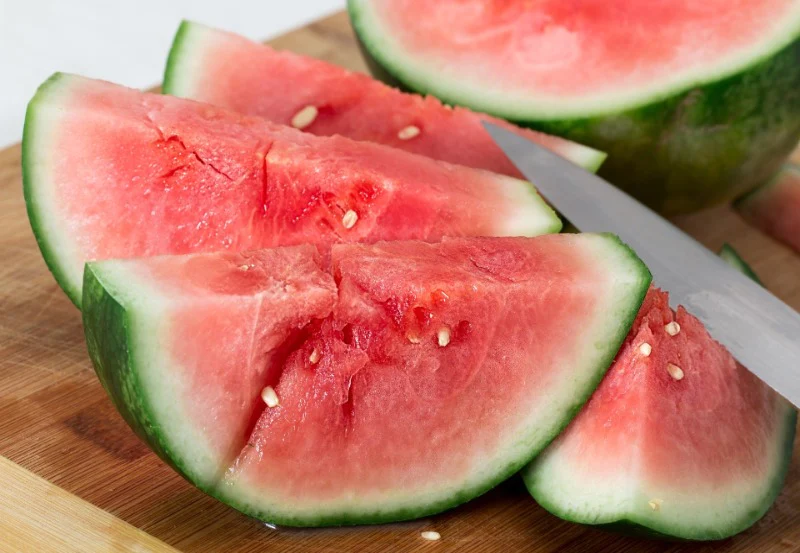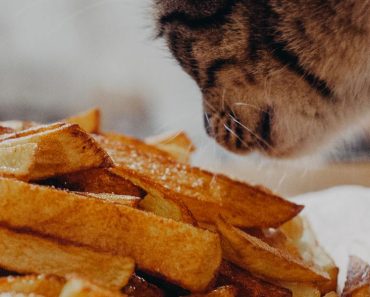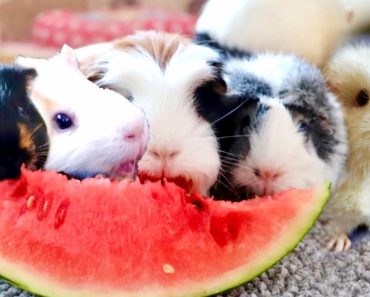
This popular picnic food is a delightful summer treat, but you might wonder if you can give it to your bearded dragon. She’ll likely devour whatever watermelon you put in front of her, but is it safe? Could bearded dragons eat watermelon?
Bearded dragons can occasionally indulge in watermelon as a delight. For winged serpents, watermelon is particularly thin on the supplement front, making it less effective than a few other natural items that provide a little more substance.
How often can Bearded dragons Consume Watermelon?
This melon’s name is apt given that it contains 92% water. While this makes watermelon a great source of hydration, it also means that the nutrients are somewhat…well, watered down, mostly for the needs of bearded dragons. Commonly bearded dragons can have a few little pieces of watermelon once a month or less frequently.
When they really consume watermelon, they will receive a few essential vitamins and minerals:
L-ascorbic acid and beta-carotene strengthen the bearded dragon’s protective structure, eyesight, reproduction, and growth
Magnesium, which promotes healthy digestion and reduces irritability potassium, which controls the heartbeat
So, in moderation, watermelon can somewhat improve the welfare of your bearded dragon. Given that most people can’t get enough of its sweet flavour, it only seems sense that your beardie will like watermelon. However, you should use your advantages to keep your attention on your dragon’s health by limiting him access to this delicious feast. Not a staple food, but a fantastic pastry, is watermelon.
Why can’t bearded dragons consistently eat watermelon?
The truth is that eating a lot of watermelon might be harmful, even for your dragon. Make sure to care for anything, like, a few little pieces of watermelon once or twice a month, so: health issues relating to sugar.
Bearded dragons don’t eat a lot of sugar in the wild. Beardies run the danger of becoming overweight in the more regulated home environment, especially if they are provided with such a wide variety of sugary food options (typically this implies organic products).
Like people, bearded dragons on sugar-heavy diets can develop liver problems, diabetes, tooth decay, and gum disease, which can also cause pain and bone problems. In spite of the fact that it may be tempting to offer your beardie more of what she like, it is best to minimise organic goods.





